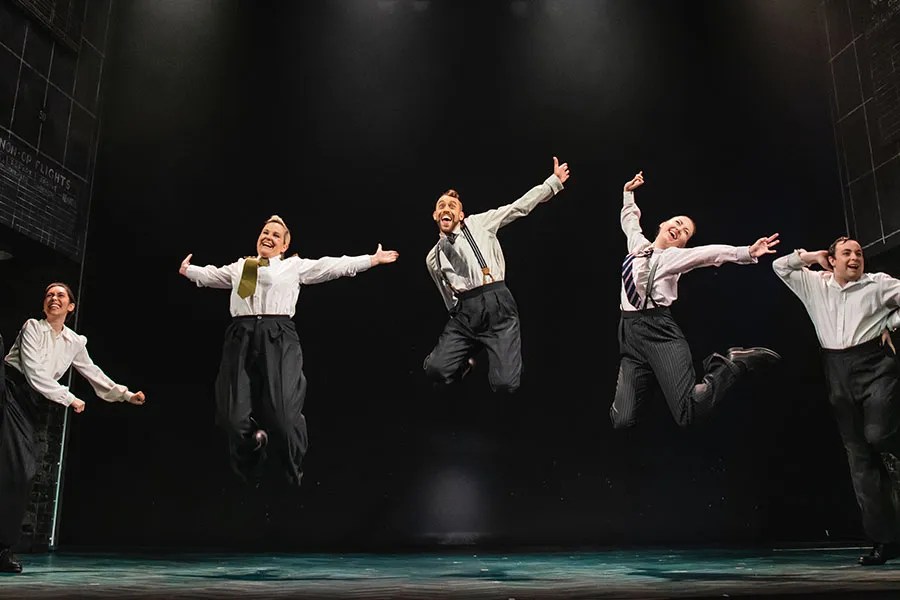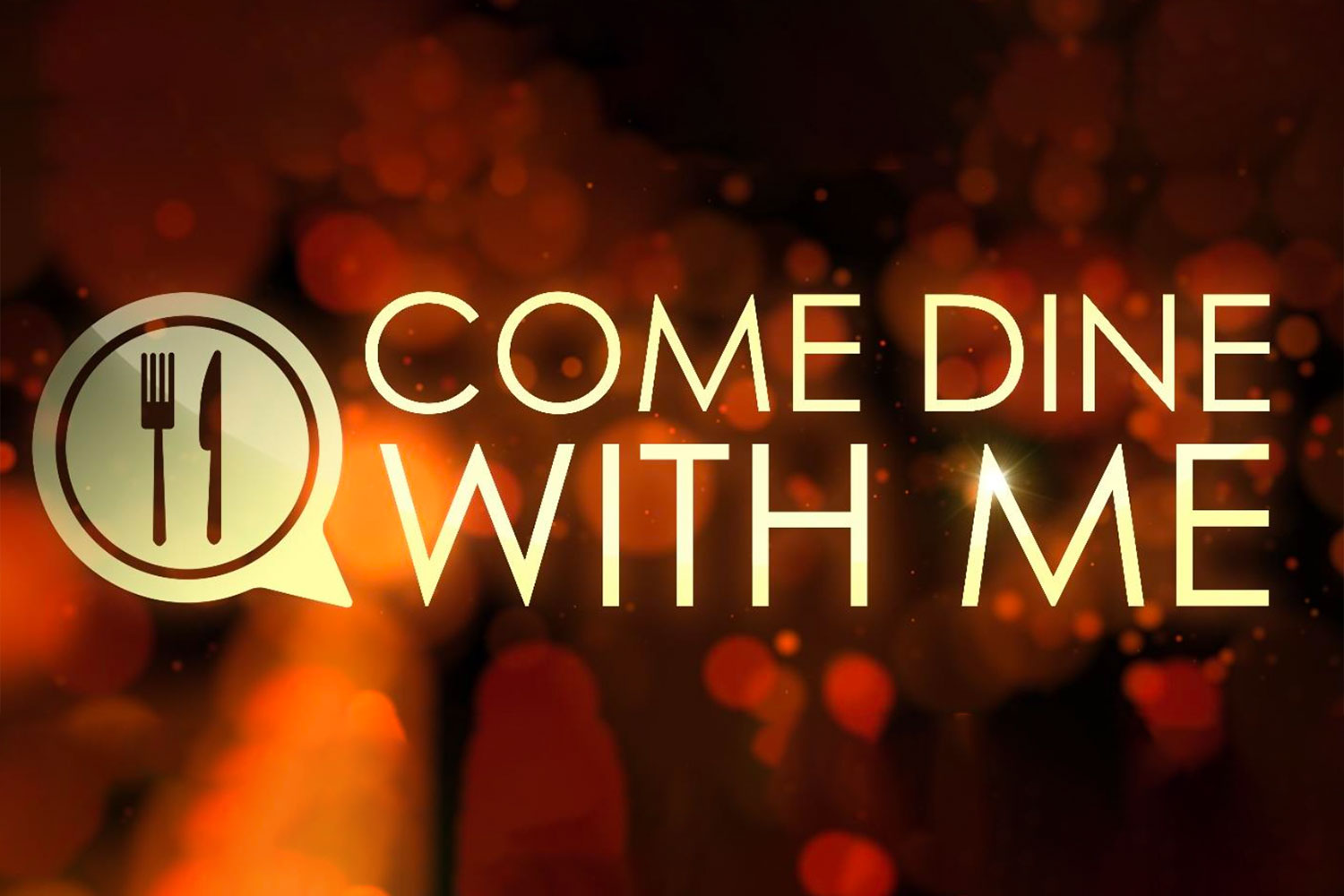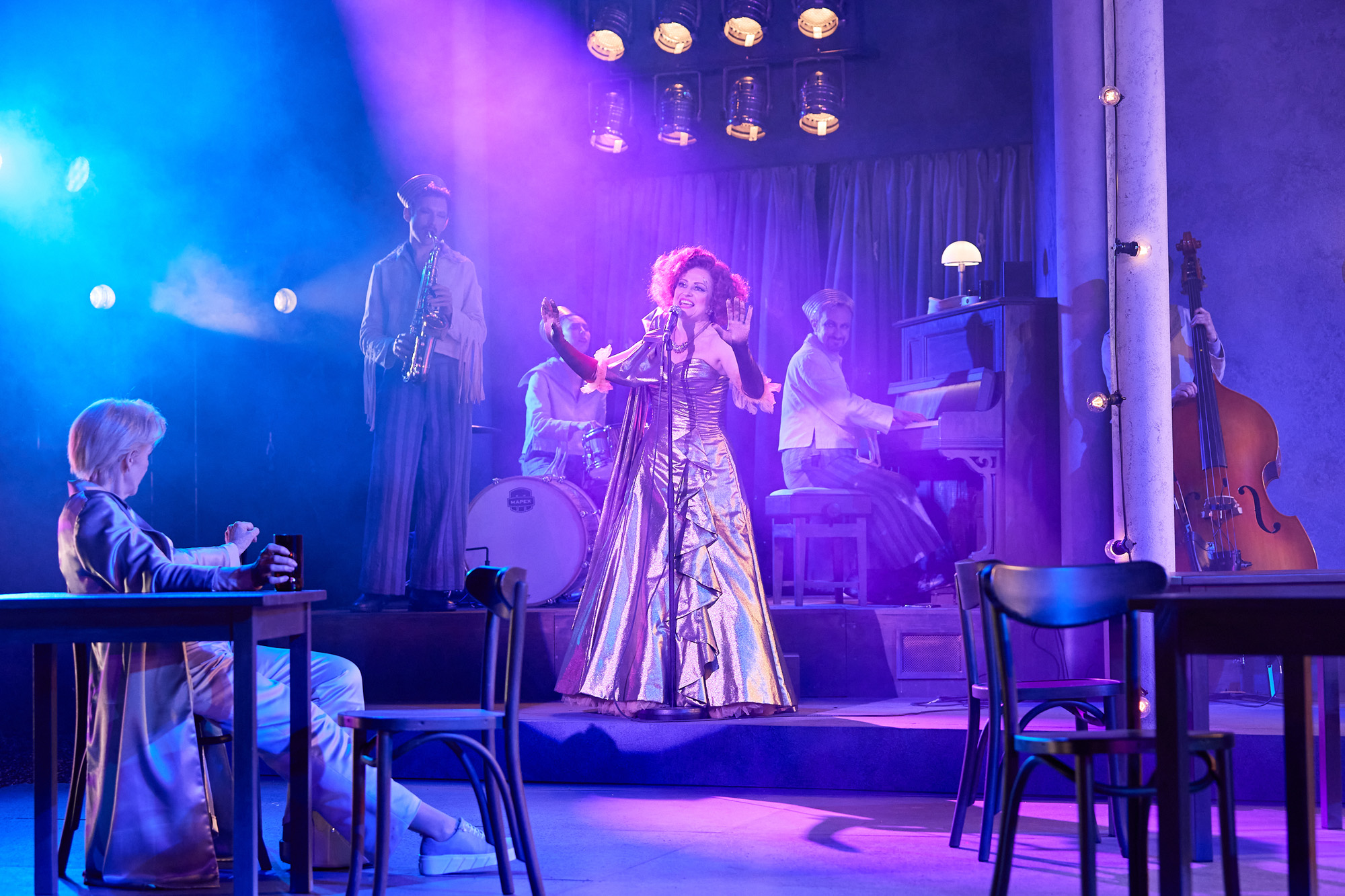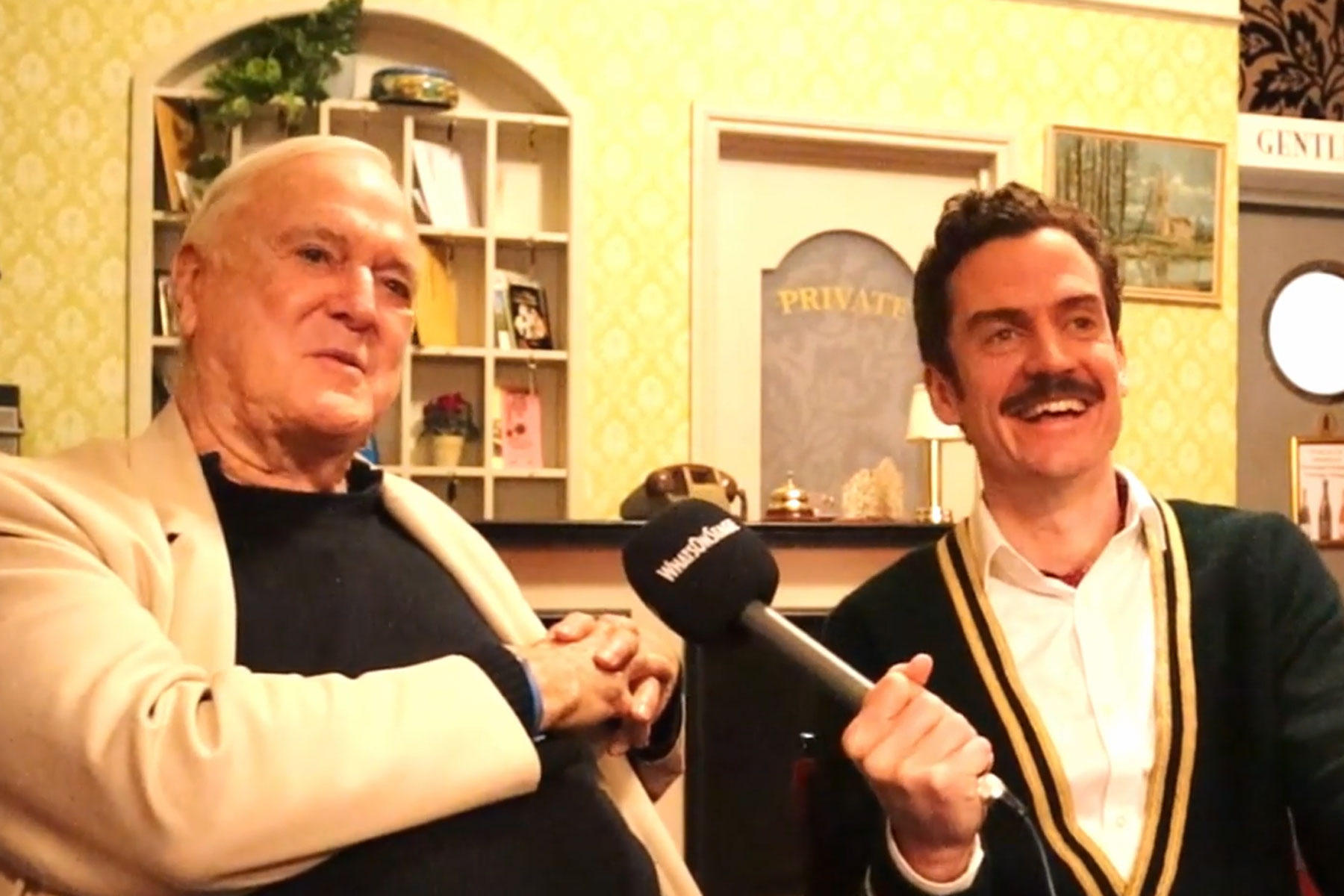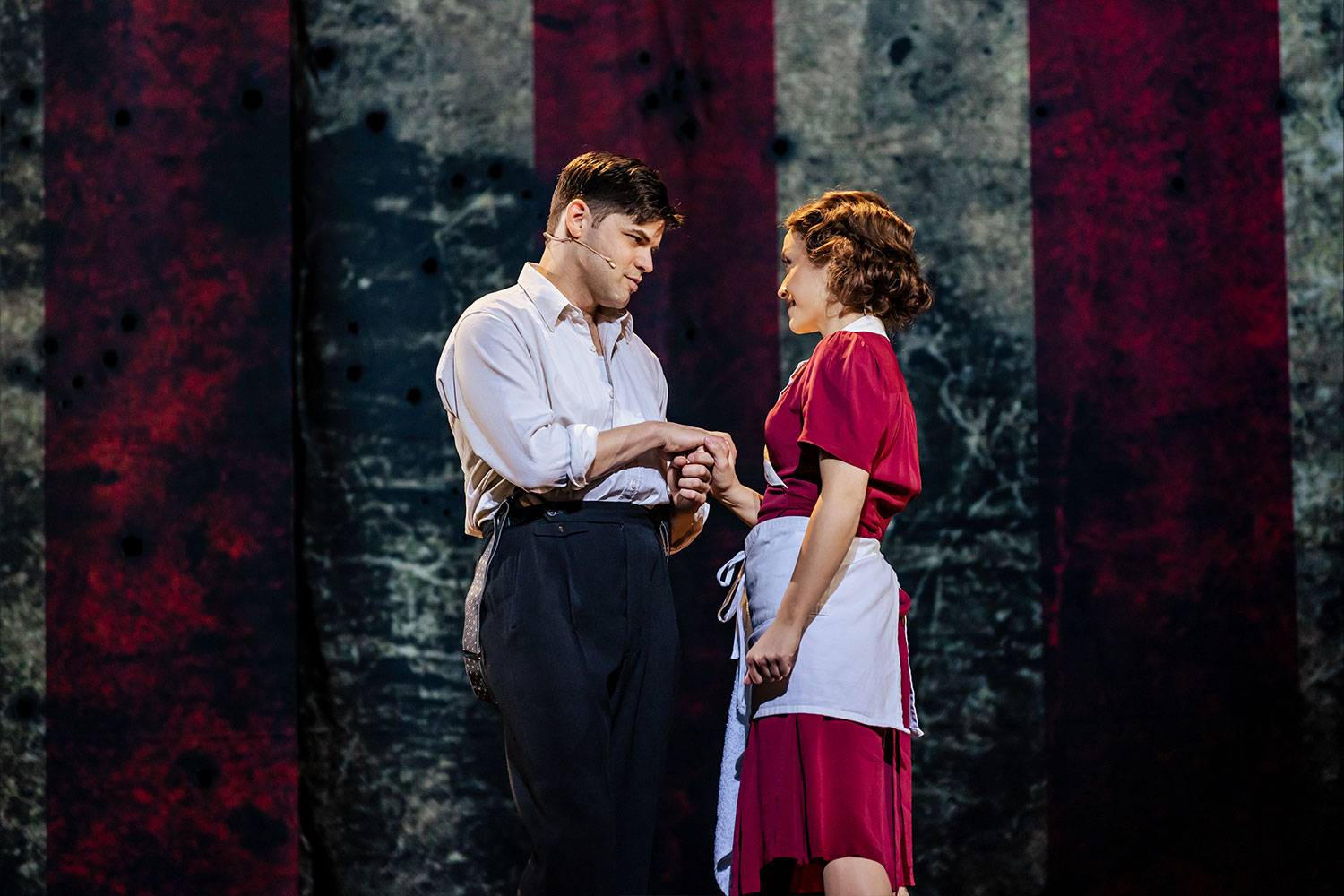Peggy Sue Got Married
As an expat American who recently returned Stateside for her own school reunion, I can attest to the draw of this peculiarly American institution which induces waves of nostalgic giddiness hand-in-hand with analytical melancholy.
Perhaps I’m predisposed then, though there’s nothing peculiar or exclusively American about the desire to re-run parts of your life to correct past mistakes. When Peggy Sue – mother of two and estranged wife to wayward Charlie – faints at her reunion, she wakes to find herself back in the 1960s in her 17-year-old life and body but with the mind and memories of her 42-year-old self. Against a backdrop of pink walls, pom-poms and ra-ra skirts, she struggles to forewarn friends and families about future dangers and, most importantly for her own life’s course, decide whether to fall in love again with Charlie or abscond to Paris with beatnik poet Michael.
Even if you haven’t seen the 1986 film version (also care of Jerry Leichtling and Arlene Sarner), Peggy Sue’s decision is predictable and frankly rather boring (I’d choose Paris myself), but the course to the show’s finale is anything but. Avoiding treacly sentimentality until the closing moments, it revs up the energy and revels in its corny humour, never taking itself too seriously (with lines like “How’s the bakery business?” “Oh we’re rolling in dough”, it’d be hard to).
The pace is further quickened by Bob Gaudio‘s songs. This is the man – of Four Seasons fame – who concocted “Oh What a Night” (December 1963), one of the most infectious pop songs of all time. And, while none of his tunes here reach quite that level of perfection, they’re certainly in the same highly evocative vein.
Performance-wise, the show rests heavily on Ruthie Henshall‘s shoulders and she seems to relish the responsibility, particularly when her girl-next-door is called upon to dispense adult pearls of wisdom or unleash her raunchiness. Gaudio’s score also allows Henshall to demonstrate her wide vocal range. As the men in her life, Andrew Kennedy (a sweet, harmonising Charlie), Tim Howar (a perfectly parodied Michael) and Gavin Lee (a Revenge of the Nerds-style Richard who claims the show’s funniest lyrics with his crooning in the science lab) are also impressive.
For me, where Peggy Sue Got Married lets itself down is at the very beginning and the very end, which suffer from either starting or ending too quickly. The ending in particular gnaws because it leaves unresolved questions about the impact of Peggy Sue’s time travel tinkerings. You’ve come to care about the cast of characters now – not just Peggy Sue and Charlie – and you want to know their fate.
Still, despite my best critical efforts, I couldn’t keep a smile from creeping across my face for most of the evening. Peggy Sue Got Married is good fun and an immensely likeable show.



